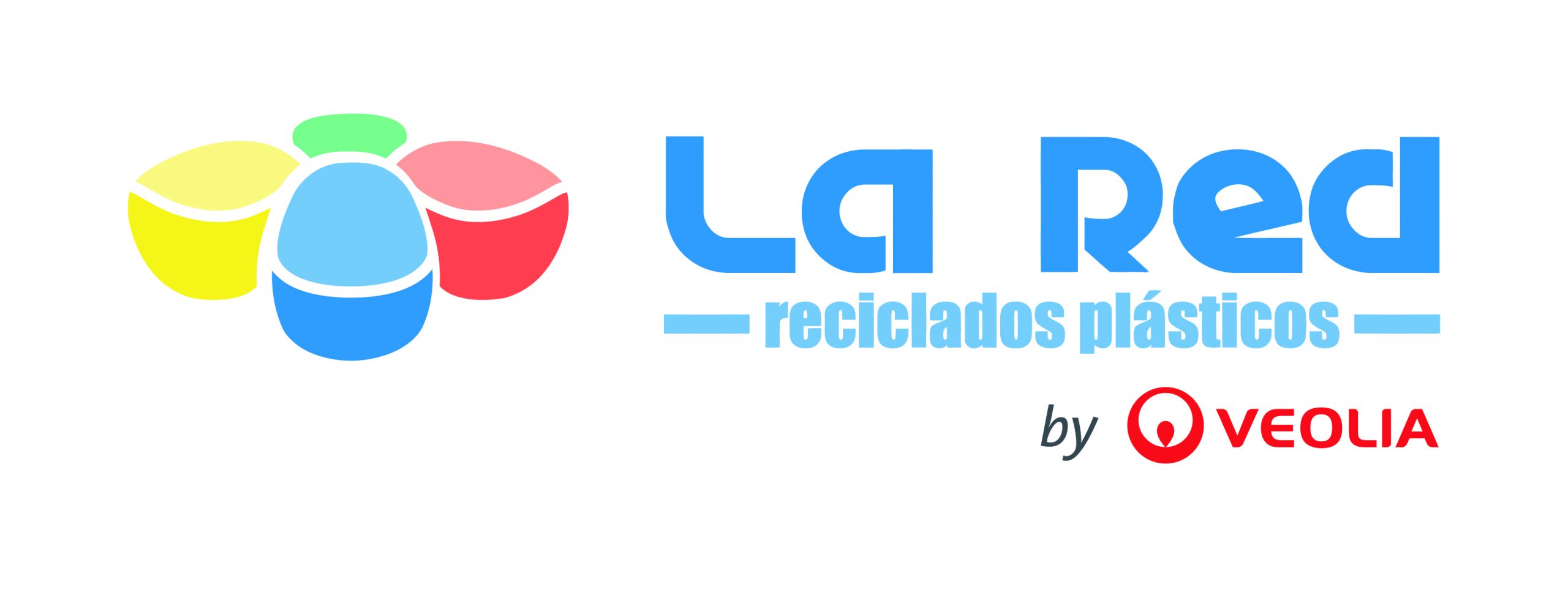Currently, the growing concern for the environment has highlighted the urgent need to review our consumption and production practices, especially regarding the use of plastics. Each year, millions of tons of virgin plastics are produced, generating a significant environmental impact due to the extraction of natural resources and their accumulation in ecosystems around the world. At Reciclados La Red by Veolia, we believe that reducing the use of virgin plastics is fundamental to mitigate these negative effects.
Reducing the use of virgin plastics has multiple real and tangible benefits for the health of the planet. First, it decreases the dependence on fossil fuels, as most virgin plastics are produced from oil and natural gas. Also, by limiting ourselves to already existing materials, the amount of plastic waste that ends up in the oceans, rivers, and other crucial ecosystems is significantly reduced.
On the other hand, the use of products made from recycled plastic emerges as an effective and sustainable solution. By choosing recycled plastics, we contribute to closing the product’s life cycle, preventing waste from ending up in landfills and reducing greenhouse gas emissions associated with the production of new plastics. In this way, every conscious choice of a recycled plastic product helps protect natural habitats and preserve biodiversity.
At Reciclados La Red by Veolia, our experience in managing and transforming plastic waste allows us to offer high-quality materials that meet the needs of various industrial sectors. At the same time, these sustainable solutions provide businesses and consumers an opportunity to actively participate in caring for the environment.
Individual consumers play a crucial role in reducing the use of virgin plastics and can contribute in various ways in their daily lives. Here are some specific actions they can take:
- Choose recycled plastic products: By choosing products made from recycled materials, consumers support industries that promote recycling and reduce the demand for virgin plastics.
- Reject single-use products: Avoid using disposable plastics, such as bags, bottles, and single-use utensils. Instead, choose reusable alternatives, such as water bottles, cloth bags, and metal cutlery.
- Recycle properly: Actively participate in local recycling programs, making sure to properly separate recyclable materials and clean containers before placing them in recycling bins.
- Support sustainable brands: Buy products from companies that prioritize the use of recycled materials in their packaging and products. Many brands are innovating in this area, and consumers can support this trend with their purchasing decisions.
- Reduce unnecessary consumption: Adopt a minimalist and conscious lifestyle, assessing the need for each purchase. Reducing consumption decreases the demand for new products and, therefore, for new materials.
- Use refillable containers: Look for stores that offer the option to buy bulk products or refill containers with products such as detergents, foods, and cosmetics. This approach reduces the need for new plastic containers.
By incorporating these practices into their daily lives, consumers can significantly reduce the use of virgin plastics, contributing to the well-being of the planet and supporting the transition to a more circular and sustainable economy.

